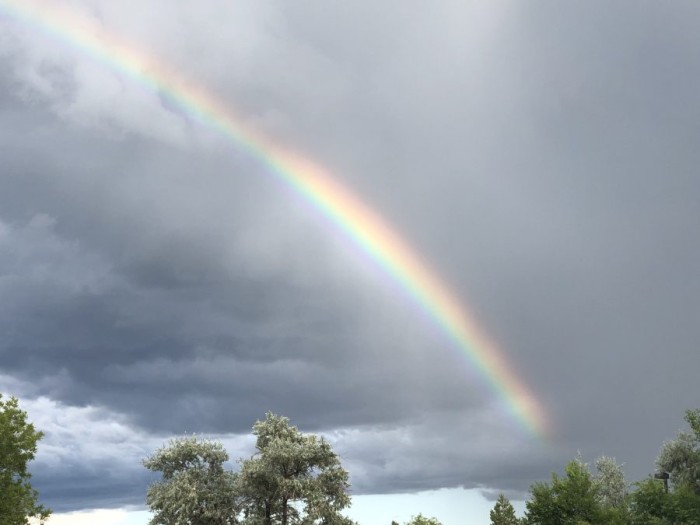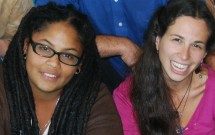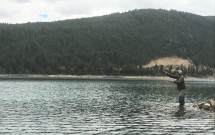
As I write this, I am completing my final doctoral externship at a VA medical center in New York. My last day in the office was Friday, March 13th, after discovering three people I had direct contact with tested positive for Covid-19. I moved my caseload to telehealth the following Monday, and since then have been conducting my therapy sessions on the phone and participating in supervision and didactics via Zoom. It seems my whole life is on Zoom these days.
While mass graves are being dug in New York City and nurses sleep in their cars to avoid contaminating their families, many New Yorkers can’t help but recall the overwhelm of 9/11 and feel catapulted into a sense of war. I am trying to resist adopting such a mentality (though I know for some, this is impossible) because I understand what happens to our biology when we relive chronically stressful situations without room for psychological integration: the evolutionary genius of fight/flight/freeze can trap us in a trauma cycle. Interrupting automatic responses to perceived and/or real threats is incredibly hard, but direly needed, both among my patients and the general public. Cultivating a space (for me it is through meditation, prayer, nature, and yoga) where I can remember I am free is vital. I have choices in how I respond to my fears. This spiritual foundation is supporting me to show up for others now. While I am not immune to anxieties, I do have the resources to help others remember they are free, that stress does not need to be their only response, and that the present moment is the only place one can experience true security.
Some of my veteran patients are struggling; PTSD symptoms are exacerbated by new demands of teaching teenagers trigonometry or by facing realities of unemployment. Others have welcomed the changes, feeling more emotionally regulated with decreased social demands and/or are comforted by having more time. All are recognizing the fact that they are not the first responders; the reluctant identity shift that comes when veterans transition from ‘soldier’ to ‘civilian’ can be exceptionally difficult. Not having the role of being on the front lines challenges combat veterans who have idolized such a role. In a word, I have observed disillusionment, where the space between how one sees himself and how one really is, is being discerned.
Despite being in a chaotic epicenter of the pandemic, I am hopeful. I know that when we are stripped to our essence in times of lack, this can also be to approach something more true and beautiful. We can get closer to a humanity that generally seems insulated and distant in the everyday comforts of life. We get in touch with what matters. While most have had to sacrifice things and are experiencing some version of loss, the resilience of surviving loss is an education we rarely embrace. In sum, I am witnessing collective grief, and grief can be a great teacher.
So even in this mess, I am finding lessons of grace, generosity, and faith. I am discovering pockets of meaning and holding on to them with gratitude. As my work as a therapist routinely confirms, it usually takes something negative or painful to interrupt entrenched patterns and develop the needed awareness for growth. I feel that this virus is one such interruption, calling us to awaken, reckon with our undeniable interconnection, and value our shared humanity over personal agendas. There are plenty of people helping me believe we will rise to the challenges posed by Covid-19, and I am grateful for the bedrock of SWC’s education as I navigate this uncertain time.
 Southwestern College Santa Fe, NM
Southwestern College Santa Fe, NM





